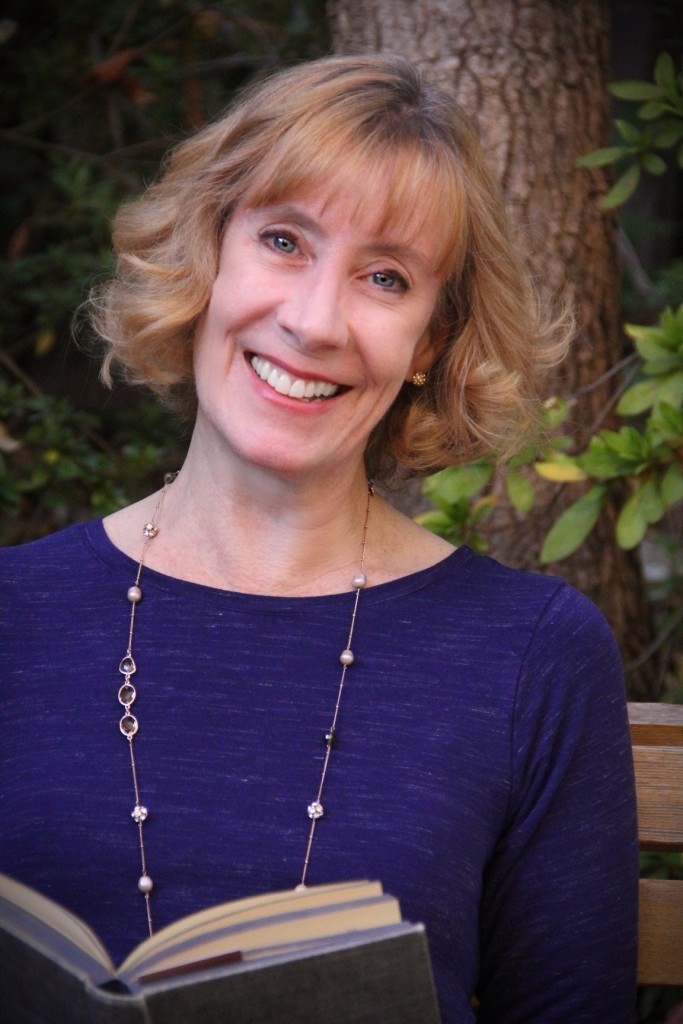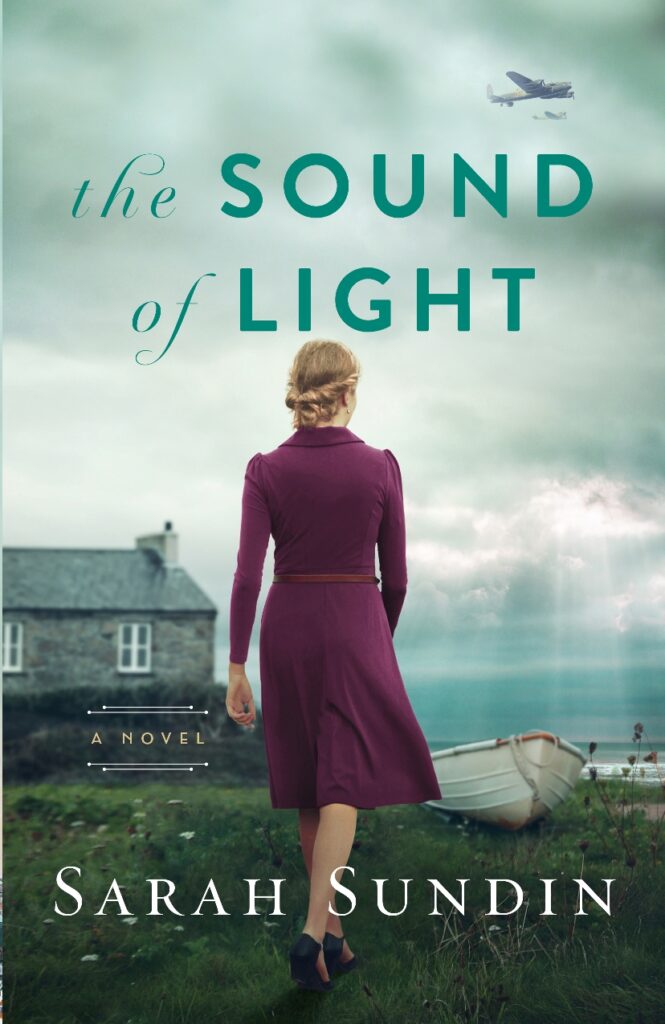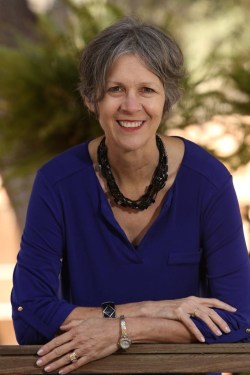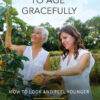
Greetings from Marti Pieper in rainy Seneca, South Carolina! In truth, it’s not raining as I write this, but we have had lots of dark, rainy days this winter. I’m guessing today’s guest, bestselling novelist Sarah Sundin, has much sunnier weather where she lives in Southern California.
Welcome, Sarah! It’s fun to have you on the respondent’s side of the interview for a change! Please tell us about your book The Sound of Light.

In WWII Denmark, Baron Henrik Ahlefeldt assumes the identity of a common shipyard worker, rowing messages to Sweden for the Resistance. His life depends on keeping his secret hidden—a task that proves challenging when he meets Else Jensen, an American physicist who seems to see right through him.
What inspired you to write this book?
For years, as I’ve researched my other World War II novels, I’ve read the incredible stories of what happened in Denmark during the war. For a small nation, they did enormous things, and the account of the rescue of the Danish Jews is one of the most astonishing and inspiring stories of that era. Then I read about Knud Christiansen, a Danish Olympic rower, who is named in the “Righteous Among Nations” by Yad Vashem (the World Holocaust Remembrance Center) for hiding dozens of Jews in his seaside home and transporting them to Sweden in his racing boat. My character Henrik was inspired by Christiansen’s experiences.
That’s so intriguing! True confession: I’m already hooked (but I love all your WWII novels.) What was your greatest challenge in writing this book?
The research for this novel was challenging. Thank goodness I love research, because this stretched me. The Danes are a modest people and few recorded their stories from the war, which causes problems for those seeking the stories. Also, a lot of resources are in Danish, which I don’t speak. I’m so thankful for Google Translate!
I can only imagine that challenge. What was the hardest scene to write?
There’s a scene toward the end where I was juggling my hero’s real and secret identities, tracking what two other characters in the scene knew and didn’t know, and what the hero thought each person knew. And it was in a moment of great tension and danger! Writing that scene required a few lists!
Again, I can only imagine. That’s a lot to keep track of. What themes do you return to again and again in your writing?
Courage is a theme that keeps recurring in my novels in different forms. Courage to speak up, courage to act . . . courage to be silent. Learning that the Lord will give me strength to do or say what’s right has been so vital in my own life—and many of my characters seem to need that same lesson.
I know I do. What would be your ideal writing place? And … what’s your actual writing place like?
I’m kind of living my dream! This past summer, we moved from Northern California to Southern California to be closer to our children—and our new little grandson! We saw this house online, in our favorite neighborhood, and it checked off all the boxes. Then we saw it in person. The office is huge, with a giant built-in L-shaped desk with so many shelves and drawers and cabinets. I actually have empty space. There are two bookcases for my research books, a closet to hide office supplies, and a small couch, which is a dreamy place to write when I just need to get away from the screen.
That sounds perfect, and I know you’re enjoying being closer to family. Do you have a “day job” or a previous career? Does it influence what or how you write?
My previous career is as a hospital pharmacist. For years I worked one day a week, stayed home with the kids, and wrote. Four years ago, I hung up the white coat—writing is a more-than-full-time job, and I was stretched way too thin. But my background in science and health care keeps working its way into my stories. In The Sound of Light, the heroine is a theoretical physicist, and I mentally returned to the lab, which was fun. But I also had to revisit my nightmare college class—quantum mechanics. Shudder.
That’s one I genuinely cannot imagine. Do you have pets, and do they inspire your writing or hinder it?
We have two rescue dogs, a black lab mix and a Jindo—a Korean breed. They’re polar opposites and inseparable best buddies. They definitely help my writing, mostly by giving me breaks for laughter and ear rubs—and by getting me out of the house each day for long, brisk walks. Walking stimulates my creativity and thought—and it helps counteract having such a sedentary job.
I’m glad the pups got to make the move too! Please tell us about your next project.
Fleeing from the Nazi invasion in 1940, a Dutch refugee is separated from her young son. In London, she desperately searches for her child with the help of a BBC radio correspondent. As German bombs set London on fire, they discover murders flaming among the ashes of the city.

This sounds like another great read. Thank you so much, Sarah, for taking time to share your words and your work with us.
To learn more about Sarah and her writing, please visit Sarah’s website at www.sarahsundin.com and Sarah’s blog at www.sarahsundin.com/blog.
For His glory,
Marti Pieper
Marti’s website: www.martipieper.com


